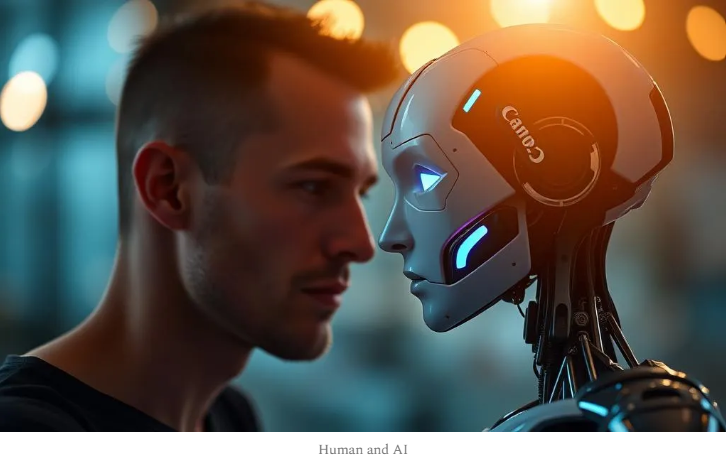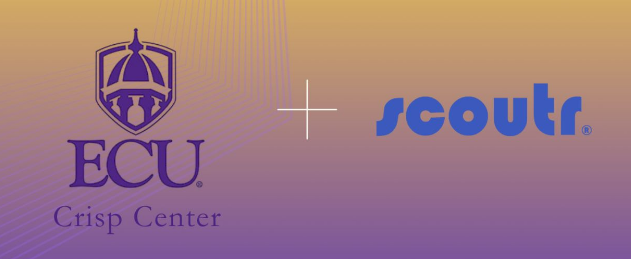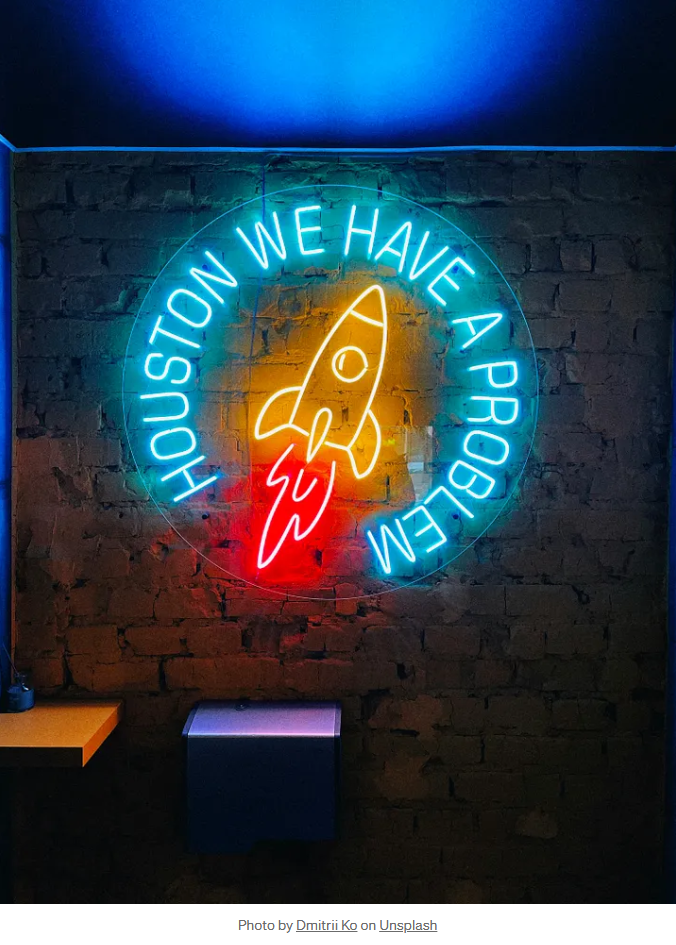.svg)

Your Job Isn't Being Eliminated—It's Being Redefined
How AI is transforming white-collar work and what you need to do to stay ahead.
Aug 01, 2025
Let's be honest. You've seen the headlines and maybe even used tools like ChatGPT yourself. The idea that automation is only for factory floors is officially dead. The current wave of artificial intelligence is coming for cognitive work—the tasks that have defined professional, white-collar careers for a century.
This isn't a far-off prediction from a 1930s economist. It's happening now. AI is drafting legal documents, generating computer code, analyzing financial data, and writing articles.
The immediate question for every knowledge worker is: Is my expertise becoming obsolete?
The short answer is no. But your job description is being rewritten in real-time. The professionals who thrive in this new era will be the ones who understand the shift and adapt their strategy accordingly.
The "Great Unbundling": Your Job is Now a Collection of Tasks
The first thing to understand is a concept called the "great unbundling." Instead of seeing your job as a single title—like "Marketing Manager" or "Financial Analyst"—think of it as a collection of individual tasks.
AI is becoming incredibly efficient at the more routine parts of your job: the initial research, the first draft, the data summary. This doesn't mean you're being replaced. It means you're being handed a powerful new assistant.
This leads to the rise of "Centaur Work"—a partnership where a human professional is augmented by an AI. Imagine a doctor using AI to analyze medical scans with superhuman accuracy or a lawyer using an AI to sift through thousands of legal precedents in seconds. The human is still in charge, providing the strategy, the final judgment, and the ethical oversight. The AI just does the heavy lifting.
From Knowing to Thinking: The New High-Value Skills
As AI handles the "what," your value shifts to the "how" and the "why." The skills that are becoming most valuable are the ones that are uniquely human. These include:
- Deep Critical Thinking: Challenging assumptions and analyzing information with nuance.
- Emotional Intelligence: Empathizing, persuading, and collaborating effectively with others.
- Complex Strategic Planning: Seeing the bigger picture and making decisions in the face of ambiguity.
- Ethical Judgment: Navigating the gray areas where there is no simple right answer.
Perhaps the most critical new skill is knowing how to ask the right questions. An AI is a powerful engine, but it needs a skilled driver to tell it where to go and to interpret the results.
The Great Divide: The Economic Fork in the Road
This transition will create a divide. For professionals who learn to partner effectively with AI, this era will bring unprecedented productivity and value. They will be able to accomplish more, faster, and at a higher level.
However, for those whose work consists mainly of routine cognitive tasks that can be easily replicated by machines, the future may hold wage stagnation and job insecurity. This is why passively waiting is not an option.
This shift isn't just economic; it's psychological. For many of us, our identity and sense of self-worth are tied to our professional expertise. The prospect of being "out-thought" by a machine can be unsettling. But this is not about being replaced; it's about being repositioned for higher-level work.
Your New Playbook: The Shift from Positions to Skills
So, how do you prepare? You must embrace a fundamental change in how careers are built. We are moving away from the old Position-Based Model, where you climb a linear ladder of job titles.
The future belongs to the Skills-Based Model.
In this new model, your career is not defined by your title, but by your portfolio of unique, transferable skills. The people who occupy these "knowledge" roles have value that can be applied all over an organization. Your ability to analyze data, manage a project, communicate a complex idea, or lead a team is not confined to one department.
This requires a new commitment from both employees and employers:
- For You: Constant upskilling and reskilling are no longer optional buzzwords; they are essential for survival and growth. You must become a perpetual learner, always adding to your skills portfolio.
- For Companies: Advanced internal talent management is becoming critical. The most forward-thinking organizations are already using Talent Intelligence platforms to map the skills of their workforce, identify gaps, and create new internal career pathways for their employees. They know it's smarter to reskill a current employee who understands the company culture than to hire a new one.
This is not a distant future. These systems are here now.
The Takeaway
The anxiety around AI and the future of work is understandable, but fear is not a strategy. The core principles of post-labor economics are unfolding before our eyes, and they are transforming the professional landscape.
This transformation offers a choice: you can cling to the old model of a static job description and risk being automated, or you can embrace the new model of being a dynamic portfolio of human-centric skills, augmented by technology.
The question is no longer if your job will change, but how you will change with it.
Latest Articles
Interviews. Applications. Candidate recruiting. Employee onboarding. The world of recruiting has no limit. Start with our blog if you don’t know where to begin.




